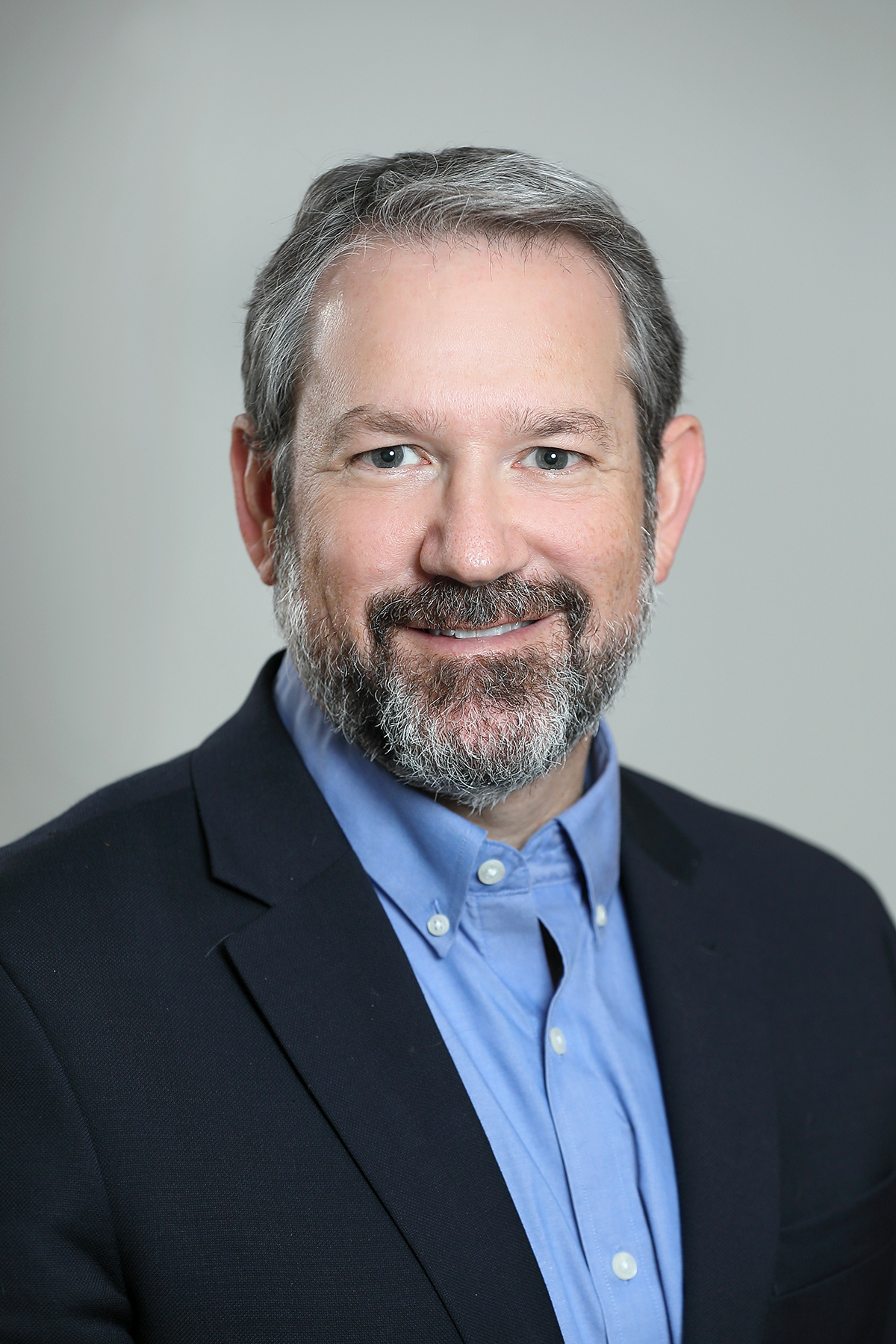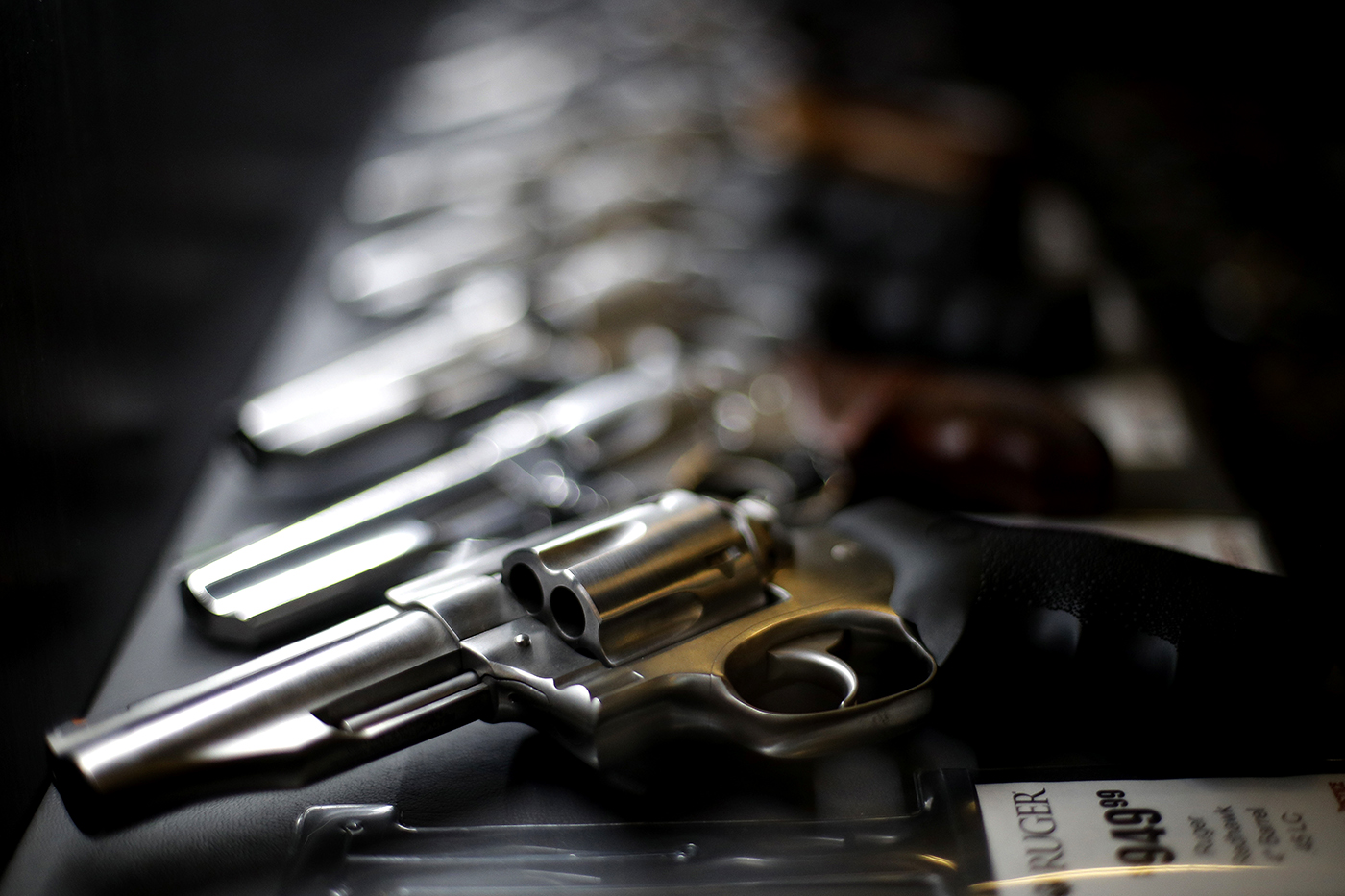Self defense is highly contextual. What will help a college coed be safer isn't the same as what will help you, which is different from what would help me. I grew up in the city and now live in a semi-rural area. I'd guess half, or more, of my neighbors have a personal arsenal in their homes, and every one of those people has multiple AR-15s and multiple hand guns. I keep an eye on them because they are well armed, proudly radicalized, and prone to fits of temper.
Not disagreeing with you. Simply pointing out that it's possible to overgeneralize.
I think the issue is that you have a threshold for defining "remarkably rare" that is out of sync with how others would characterize it. I mean, how many school shootings with AR-15s is too many for you? One per year? 10 per year? 100 per year? At what point would you move it out of the "remarkably rare" category and into the "more than is acceptable" category? Relevant to where the discussion is now, I think we can say that it is a fact that school shootings, with AR 15s, is a self defense issue for kids in schools. Schools routinely conduct drills and we (adults as parents and educators) talk to kids about the self defense reality of school shootings. And while we may all disagree on how best to address them (more guns, less guns, arming teachers, hiring cops, etc), most people have an opinion about it one way or the other.
In 2020, one child was killed in a school bus related accident (54 people total including pedestrians and the occupants of other vehicles). That's out of about 25 million kids who are carted to and from schools in hundreds of thousands of school buses each year. And yet there is vigorous discussion about requiring school bus seat belts. And the upshot is, most people would agree that kids are safer if they're wearing seatbelts. The functional reason they aren't legislated nationally is that it would be cost prohibitive for most school districts to retrofit their fleet.







